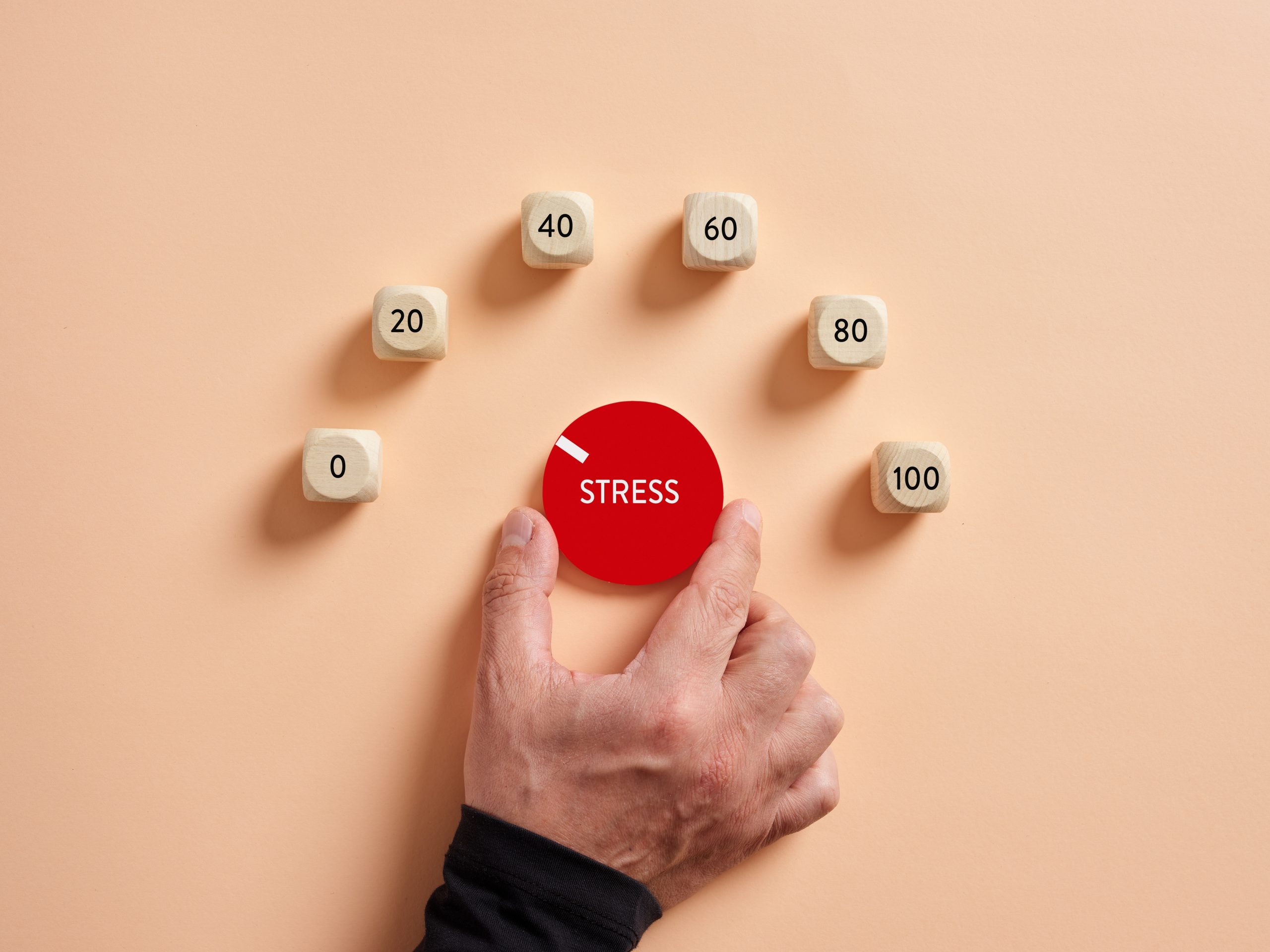Stress is an inevitable part of life, and it can have a significant impact on various aspects of our health, including blood sugar levels. When we experience stress, whether it’s physical, emotional, or psychological, our bodies respond by releasing stress hormones, such as cortisol and adrenaline. These hormones trigger a cascade of physiological changes, including an increase in blood sugar levels. In this article, we’ll explore how stress affects blood sugar levels and what you can do to manage it.
- Stress Hormones and Glucose Release
During a stress response, the body prepares for “fight or flight” by releasing stress hormones. These hormones signal the liver to release stored glucose into the bloodstream, providing a quick source of energy for the body. This mechanism is useful in short-term stressful situations, as it provides the body with the necessary fuel to respond effectively.
- Insulin Resistance
Prolonged or chronic stress can lead to insulin resistance, a condition where the body’s cells become less responsive to the action of insulin. Insulin is a hormone that helps regulate blood sugar levels by facilitating the entry of glucose into cells. When cells become resistant to insulin, glucose remains in the bloodstream, leading to elevated blood sugar levels.
- Emotional Eating and Blood Sugar Spikes
Many people turn to food, particularly high-sugar or high-carbohydrate foods, as a coping mechanism when under stress. This emotional eating can cause blood sugar spikes and disrupt normal blood sugar control. Consuming sugary or high-carbohydrate foods leads to a rapid increase in blood sugar levels, followed by a subsequent crash. This cycle can be particularly problematic for individuals with diabetes or prediabetes.
- Stress and Lifestyle Factors
Stress can also influence lifestyle factors that impact blood sugar control. When we are stressed, we may be more prone to making unhealthy food choices, being less physically active, and neglecting self-care practices. These factors can contribute to poor blood sugar management and increase the risk of developing or exacerbating diabetes.
- Managing Stress for Better Blood Sugar Contro
Managing stress effectively is essential for maintaining healthy blood sugar levels. Here are some strategies to help you cope with stress and mitigate its impact on your blood sugar:
a. Relaxation Techniques: Practice relaxation techniques such as deep breathing exercises, meditation, yoga, or tai chi. These practices can help activate the body’s relaxation response and reduce stress levels.
b. Regular Physical Activity: Engage in regular physical activity to help reduce stress and improve blood sugar control. Exercise has been shown to lower stress hormones and improve insulin sensitivity.
c. Support System: Seek support from friends, family, or a support group. Sharing your feelings and concerns with others can help alleviate stress and provide emotional support.
d. Time Management: Prioritize tasks and manage your time effectively to reduce stress. Breaking tasks into manageable chunks and setting realistic goals can help alleviate feelings of overwhelm.
e. Healthy Coping Mechanisms: Find healthy ways to cope with stress rather than turning to unhealthy habits like emotional eating or excessive alcohol consumption. Engage in activities you enjoy, such as hobbies, reading, listening to music, or spending time in nature.
f. Self-Care: Take care of yourself by getting enough sleep, eating a balanced diet, and practicing self-care activities that promote relaxation and rejuvenation.
g. Seek Professional Help: If stress becomes overwhelming and impacts your daily life or mental well-being, consider seeking professional help from a therapist or counselor.
By implementing these strategies, you can better manage stress and mitigate its impact on your blood sugar levels. Remember, everyone responds to stress differently, so it’s important to find the coping mechanisms that work best for you.





